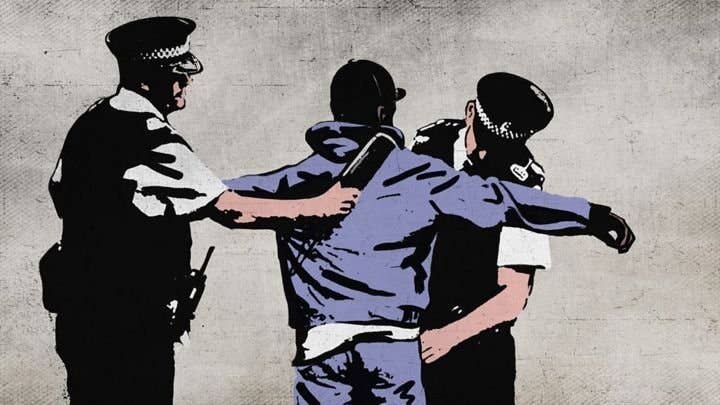A new report by the charity StopWatch has found that stop and search powers fail to reduce violence, but drag racialised groups into the criminal justice system.
According to the report, civil orders like Knife Crime Prevention Orders (KCPOs) and Serious Violence Reduction Orders (SVROs), intended to cut crime, make no material difference. The Home Office has admitted there is ‘no evidence of their impact’. One impact assessment went as far to concede that SVROs do not ‘necessarily lead to more weapons being detected or seized’.
Although civil orders themselves aren’t criminal offences, breaching their terms can result in criminal sanction. The report raises alarms over a concerning ‘mission creep’, where these orders are being used in a far broader context than originally planned, often tied to racial profiling and the criminalisation of society’s most vulnerable.
The data is stark: Black people comprise up to two-thirds of KCPOs, despite representing only 4% of the UK population, while Black men in particular are singled out as the most frequent targets of SVROs. Moreover, around 20% of Public Spaces Protection Orders, which were intended to address antisocial behaviour, are being disproportionately used against rough sleepers.
Habib Kadiri, executive director of StopWatch, argues that civil orders have long been used to over-police marginalised communities under the guise of tackling antisocial behaviour. He warns that their broad application lowers the standard of proof and embeds racial injustice within policing practices. Kadiri is calling for a complete overhaul of stop and search powers to prevent the further erosion of civil liberties.







